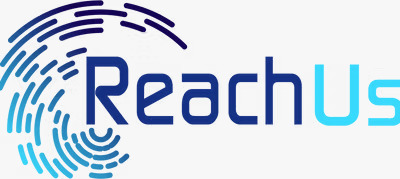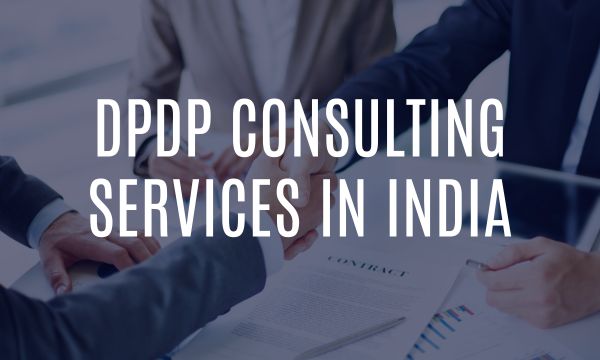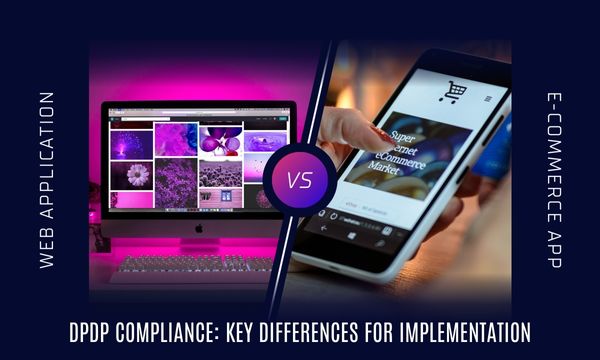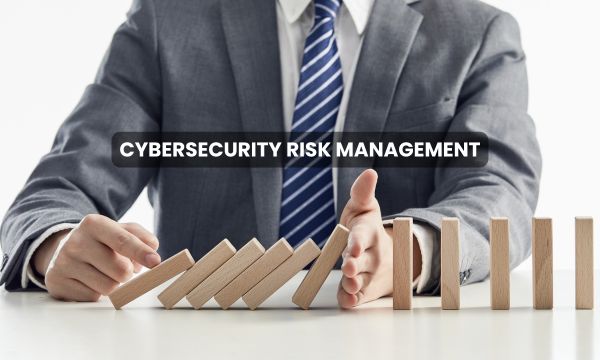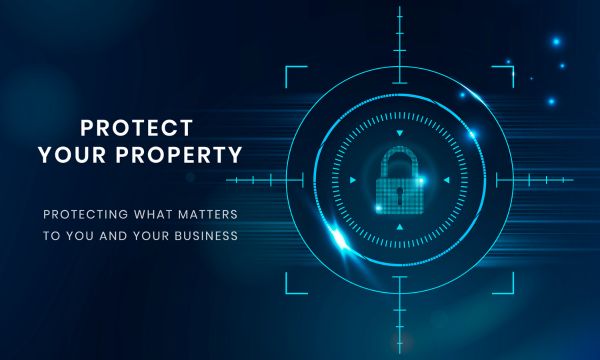Comply with the standards and implementation specifications of the HIPAA Privacy, Security, and Breach Notification Rules to secure your business
In 2022 alone, Healthcare companies would have paid over 2 million $ in penalties following HIPAA non-compliance. HIPAA and Compliance are very common in the healthcare industry. HIPAA known as Health Insurance Portability and Accountability Act is all about protecting patient privacy. This government act was created to keep patient data safe. It also ensures that businesses were protected against powerful lawsuits that can destroy their operations. The HIPAA applies to healthcare providers, health plans, and healthcare clearinghouses that conduct transactions electronically (referred to as covered entities). It is also applicable to business associates, subcontractors, researchers and hybrid entities that perform functions on behalf of HIPAA-covered entities that give them access to protected health information (PHI). For more details refer to Introduction to HIPAA Compliance Ignoring HIPAA regulations can be very expensive not only in terms of finances. Illume Intelligence India Pvt. Ltd. helps to ensure the organisation is always on the right side of the law. Streamlining the entire compliance journey by breaking all the HIPAA requirements into simple easy-to-understand steps making it easy to understand and implement
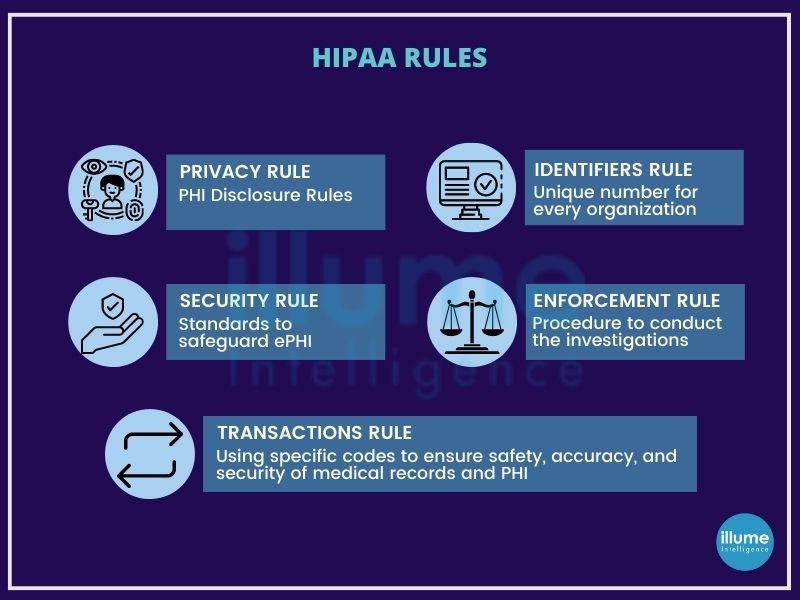
HIPAA Compliance
With digitisation, all organisations are moving towards computerised operations. This includes computerised physician order entry (CPOE) systems, electronic health records (EHR), radiology, pharmacy, laboratory systems and more. With the increased efficiency and mobility, the security risk has also increased making HIPAA compliance more important.
There are physical and technical safeguards mentioned by the relevant authorities that must be followed by the entities hosting sensitive patient data. Some of these are
1. Limited facility access and control with authorised access in place.
2. Policies about the use and access to workstations and electronic media.
3. Restrictions for transferring, removing, disposing, and re-using electronic media and ePHI.
4. Using unique user IDs.
5. Emergency access procedures.
6. Automatic log off.
7. Encryption and decryption.
8. Audit reports or tracking logs that record activity on hardware and software.
and more
It is universally understood that data is exposed only through the people in a way that is negligence, malicious intent, or outside attack and hence effective compliance focus on people.
The Seven Elements of Effective Compliance
There are seven elements created for the effectiveness of the compliance program. These are the absolute minimum requirements that the effective compliance program must address.
1. Implementing written policies, procedures, and standards of conduct.
2. Designating a compliance officer and compliance committee.
3. Conducting effective training and education.
4. Developing effective lines of communication.
5. Conducting internal monitoring and auditing.
6. Enforcing standards through well-publicised disciplinary guidelines.
7. Responding promptly to detected offences and undertaking corrective action.
The organisation's compliance program is tested against these seven elements to judge its effectiveness.
What is HIPAA Violation?
A HIPAA violation is any breach in an organisation's compliance program that compromises the integrity of PHI or ePHI. It is different from a data breach. All data breaches are not HIPAA violations until it results from an ineffective, incomplete, or outdated HIPAA compliance program or a direct violation of an organization’s HIPAA policies.
Some common causes of HIPAA violations and fines are
* Stolen laptop
* Stolen phone
* Stolen USB device
* Malware incident
* Ransomware attack
* Hacking
* Business associate breach
* EHR breach
* Office break-in
* Sending PHI to the wrong patient/contact
* Discussing PHI outside of the office
* Social media posts
These HIPAA violations commonly fall into several categories:
*Use and disclosure
* Improper security safeguards
* The Minimum Necessary Rule
* Access controls
* Notice of Privacy Practices
